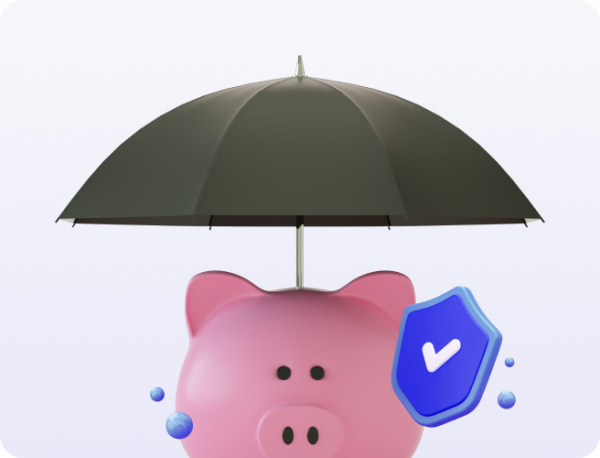Sep 07th, 2023
What car should you buy? Find the right car for your budget.

Assessing your options
The key to understanding what sort of car you can afford is looking at your savings and whether you want to finance or buy the car outright.
First off, savings. You may have saved for your dream car for months or even years, meaning that you’ve already got a good pot of money ready to be spent. However, if you haven’t been diligently saving, there are other options that will move you towards securing your car.
Cash payment obviously requires the full amount of the car to be paid off in one go – great for avid savers. Finance, however, offers an alternative route of monthly payments which can be more manageable.
Making a cash payment might seem impossible. But just because you might not have all of the money to hand, you can still work towards it. A great option is using a smaller amount of savings to buy a cheap second-hand car that can tide you over until you have the amount for your desired vehicle. Throughout this time period, you can also really dial into what you need from your vehicle and make a considered choice. Once you’ve saved enough for the car that you want you can sell your second-hand vehicle and put this money towards your car fund. Sooner than you know it, you’ll be cruising in your dream car.
Cash payments have the potential to save you a lot of money as you’re paying a flat fee with no interest – which is in contrast to finance.
Finance is a great option for when monthly ‘bills’ are more attainable than a lump sum payment. You have control over how long this period might be. But to reduce interest, we would advise keeping them as short and sweet as possible.
While this does offer an option for those who can’t afford to buy a car outright, if not planned correctly it can end up being far more costly.
Much like a home loan, financing a car ‘lends’ you the asset which you pay off with interest over a set period. To work out the amount you can afford, you need to look at your monthly income after tax and regular expenses. Just because you may have a high annual income, doesn’t necessarily mean you should have super-high monthly payments. After all, the value of the car will decrease during your financing period. The key is a short enough period that you pay off the car while still retaining value and at a rate that doesn’t break the bank. Generally, we would recommend no more than 10% of your income per month post-tax.
The amount available to you as a loan will depend on:
- The condition and age of the car. The newer the car, the higher the monthly payments will be.
- Your interest rate. This depends on your credit score – be sure to have this all in order before applying. The interest will be the money you pay on top of the cost of the car to borrow the money.
- The loan term. This is how many months the finance will run for. The shorter the time period the higher the monthly payments.
Other factors to consider when picking your car
Whether you opt for cash or finance, there are also some other costs to consider. On top of your car, there will most certainly be additional incurred costs. This might include, but are not limited to:
- Tax. GST will be added to every car.
- Added extras. These could be ‘sport’ functions, an upgraded sound system or wheels.
- Registration and documentation. These are hidden fees that on average amount to 10% of the total price.
- Increased insurance premiums. This is especially true with higher-spec cars as they require more maintenance. Consider your insurance rate before deciding on a car.
- Maintenance costs. Do your research on the car models and general maintenance costs.
Finally, consider whether you want a brand new vehicle or are happy with second-hand. You can often purchase quality second-hand models for up to ½ of the price of the car brand new.
Be sure to ask lots of questions of your loan provider to get a full understanding of the total cost. These factors will help you decide on the full amount you’ll be able to afford before going to the dealership.
The dealership dance
Now it comes down to picking your car. Here are a few tips to ensure that you’re getting the best deal for the price you can afford:
- Do your research online – about different cars on offer and dealerships.
- Go with your full budget in mind. We all know that car dealers can try to upsell or push the upper limits of your budget. Be firm on your full budget.
- Get pre-approved for your finance if getting finance outside of the dealership. This means picking the car, estimating the finance you’ll need and applying for finance before visiting the dealership.
- If you’re looking for finance in your dealership do a full background check prior to making contact with them. If you’re opting for this, you’ll be in a finance agreement with your dealership. So it’s essential that you check that they’re a reputable and reliable company.
Once you’ve got the deal sorted you should be good to go. You’ll be ready to pick up your new car in no time and enjoy your time adventuring within it.
We hope this has helped you to better understand the process of purchasing your own car. If you need more advice on your finances why not check out our blog. Or, if you’re looking for more specific assistance or help, get in touch. We’d be more than happy to help.














